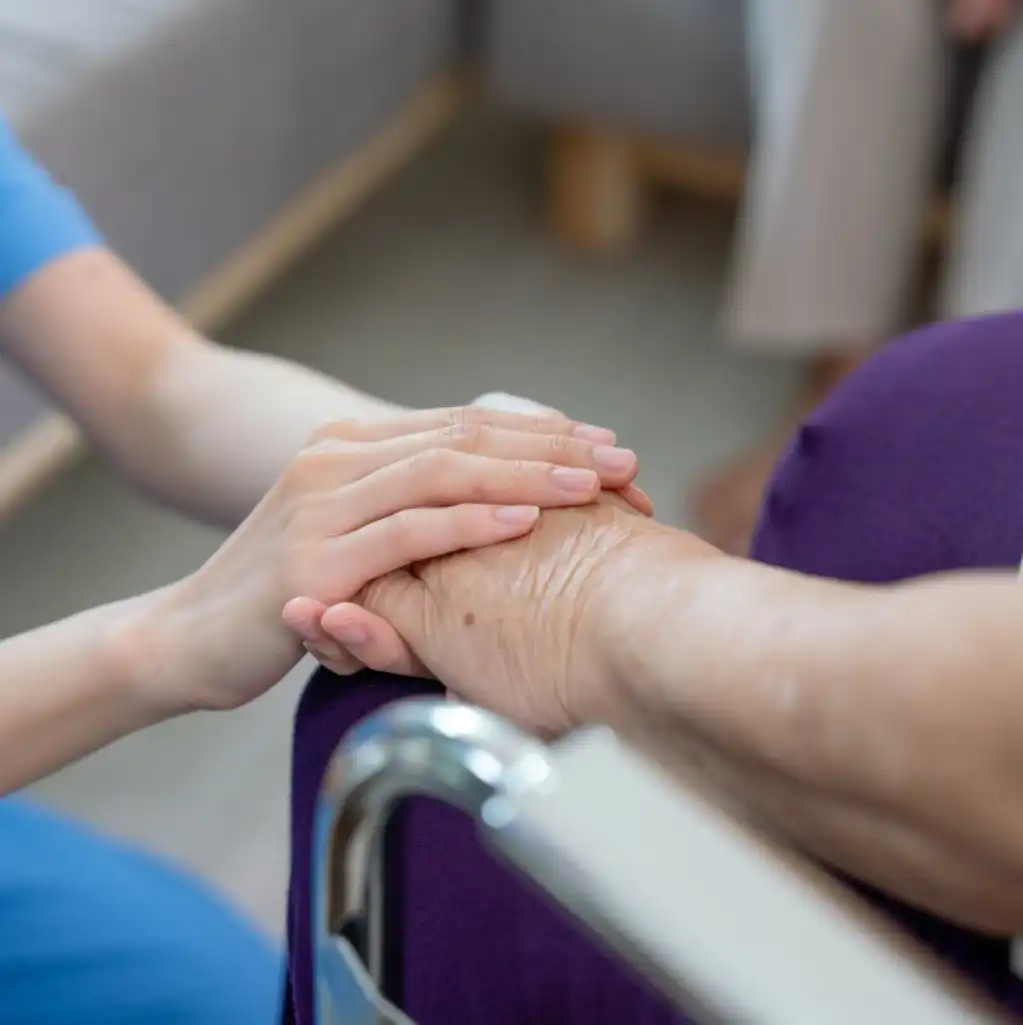Understanding Rapidly Progressive Dementia in Florida's Older Adults: A Compassionate Guide
Introduction: A Challenging Journey Begins
Have you ever wondered how quickly a life can change due to rapidly progressive dementia (RPD)? It's a question that strikes fear and curiosity alike, as the path of dementia is often unpredictable and daunting. In Florida, where the sun-drenched days offer serenity, the shadow of cognitive decline looms for many older adults. Understanding RPD is not only about knowing the symptoms but also about finding hope and support through compassionate care.
Unraveling the Mystery of Rapidly Progressive Dementia
Rapidly progressive dementia differs from other forms of dementia by its swift onset and progression. While typical dementia may unfold over years, RPD accelerates over weeks or months. Causes can include prion diseases, autoimmune disorders, infections, or even rapidly advancing neurodegenerative diseases. Early symptoms might include sudden memory loss, confusion, mood changes, and difficulty with coordination. Recognizing these signs early is crucial for management and support.
In Palm Beach County, where the aging population is significant, awareness is key to ensuring timely intervention. Healthcare providers emphasize the importance of a thorough medical evaluation to differentiate RPD from treatable conditions.
Actionable Insights: Navigating the Complexities
Engaging with RPD requires a multi-tiered approach:
- Basic Level: Educate yourself and your loved ones about the nature of RPD. Understanding the basics can empower you to make informed decisions.
- Intermediate Level: Develop a comprehensive care plan involving medical, psychological, and social support. Collaborate with healthcare professionals to tailor a strategy that suits your specific needs.
- Advanced Level: Explore holistic therapies, such as at-home Physical Therapy, to enhance mobility and maintain quality of life. Consistent physical activity can slow the progression and improve daily functioning.
Quick-win tip: Start with simple daily exercises that improve balance and coordination. Small steps lead to big improvements over time.
Emotional Applications: Navigating Challenges and Celebrating Breakthroughs
Living with RPD is undoubtedly challenging. However, breakthroughs often arise from the love and support of family and friends. Emotional resilience is strengthened through shared experiences, community connections, and professional guidance.
In South Florida, numerous support groups and workshops are available to connect those affected by RPD. Sharing stories and solutions can be both healing and inspiring.
The Transformative Power of At-Home Physical Therapy
At-home Physical Therapy offers more than just convenience—it brings emotional comfort and personalized care directly to your doorstep. For Florida's older adults facing RPD, maintaining mobility through tailored exercises can significantly enhance independence and self-esteem.
Beyond physical health, the social interaction between the patient and therapist fosters a sense of companionship and trust. This personal touch is invaluable, especially when navigating the isolating effects of dementia.
Conclusion: Embrace Change with Courage and Support
While rapidly progressive dementia poses profound challenges, understanding and addressing it with empathy and action can lead to meaningful improvements in quality of life. By leveraging the benefits of at-home Physical Therapy, older adults in Palm Beach County can face the future with hope and resilience.
At “Be On The Move,” we are committed to supporting you on this journey. Explore our resources and services to discover how we can help you or your loved ones thrive in the face of RPD. contact us today to learn more and take the first step towards a better tomorrow.
See you soon,
//❤️ Trudy//
The information provided in this article is intended for general educational and informational purposes only. It is not a substitute for professional medical advice, diagnosis, or treatment. Always seek the advice of your physician or other qualified health provider with any questions you may have regarding a medical condition or before starting any new exercise program. If you experience any pain or difficulty with exercises or advice mentioned in this article, stop immediately and consult your healthcare provider. Be On The Move and its representatives do not assume any responsibility for any aspect of healthcare administered with the aid of information provided herein.




